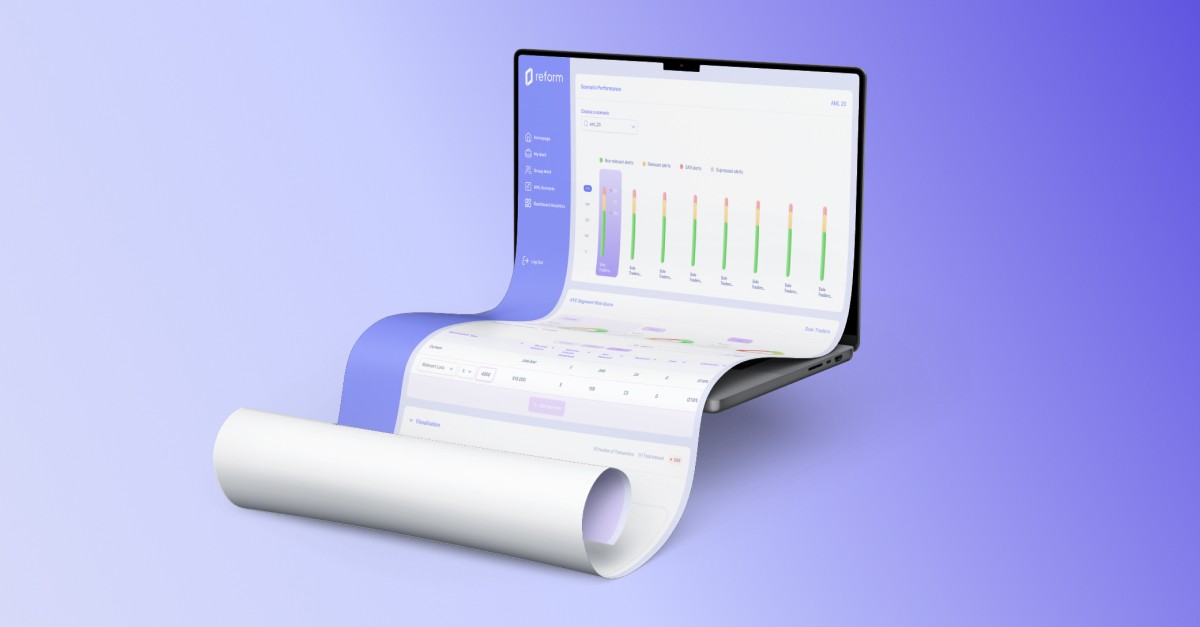Solution as a Service: A new approach for AML Compliance?
Jul 30, 2024
At Reform, we are coining the term "Solution as a Service" (SaaS) as a new paradigm. What do we mean by that, and why is it an interesting and novel concept in the world of Anti-Money Laundering (AML) compliance?
Traditional AML Compliance Models
Traditionally, the AML industry has been serviced by three types of providers:
Technology Providers: These companies produce detection platforms.
Intelligence Providers: These entities sell external data.
Service Providers: They add domain-specific technical or functional knowledge.
These providers have historically operated independently, each focusing on their core competencies. They enhance specific points in the end-to-end compliance framework but do not cover the full breadth of the process. This separation exists for good reasons, such as different business models (perpetual licenses, project-based approaches, subscriptions with updates) and constraints (cumbersome technology, maintaining domain expertise, manual harvesting of external data). Technology and external domain expertise have not traditionally mingled, remaining on parallel tracks.
The Evolving Regulatory Landscape
This model suited the industry when the focus was primarily on technical compliance with laws and regulations. However, regulators are now evolving towards measuring effectiveness and outcomes, enforcing this new approach. This shift has had a tremendous impact, leading to significant increases in workload. In most cases, this results in a substantial increase in headcount and a growing demand for external resources to fill gaps and address lookbacks and corrective measures imposed by regulatory orders.
Challenges with Current Technology
Most of the additional tasks required by regulators cannot be supported by existing technology. Platforms, installed at great cost and effort, are often based on previous-generation technology and lack the flexibility to cover the minutiae of compliance processes. This problem is compounded by a general lack of resources, with a generation of practitioners nearing the end of their careers.
Rethinking the Operating Model
It is time to rethink the operating model among various stakeholders. There is a significant opportunity emerging, thanks to cloud computing, nimble and intelligent agent technology, and a shift towards intelligent outsourcing, or rather co-sourcing.
Integrated Solutions for Better Outcomes
Integrated technology, knowledge, and distributed computing will allow for better interaction between external and internal resources. Financial institutions' teams and assets will be seamlessly complemented by external teams and assets, creating a coherent solution that meets regulators' expectations.
Looking Ahead
But practically, how does this work? This will be the subject of my next blog post.

